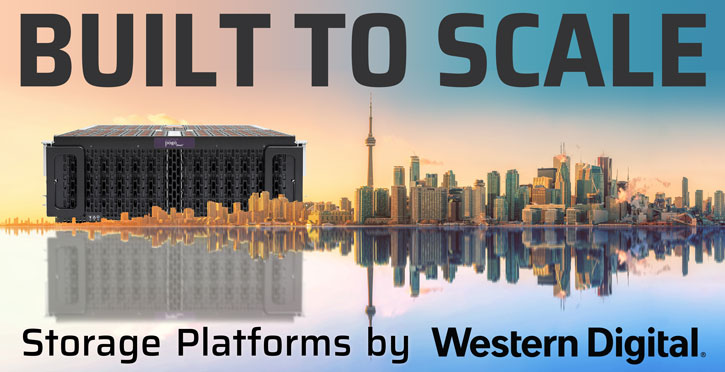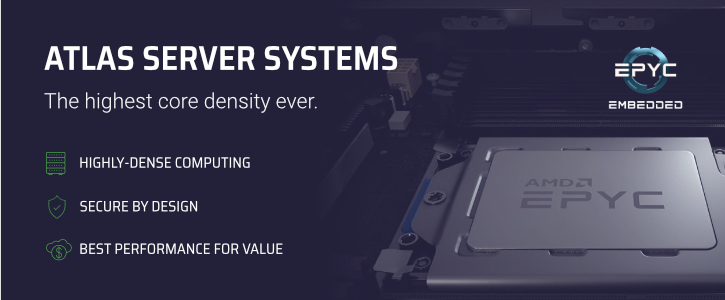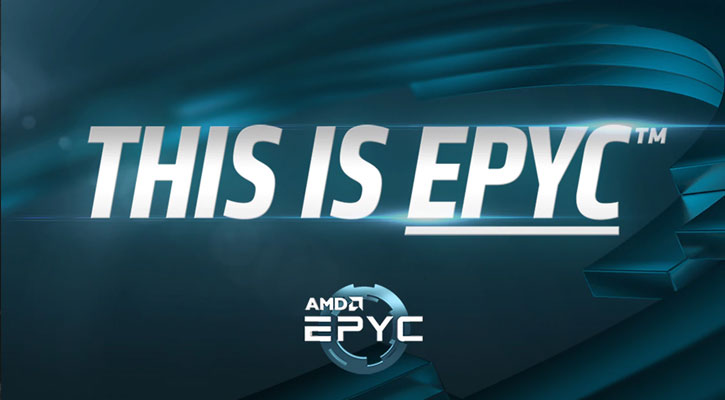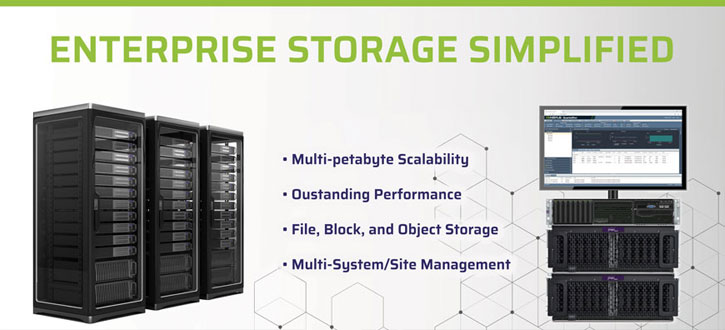Posted on February 2, 2020 by Rachel B
Boost your next generation storage infrastructure with Western Digital storage solutions. With modern workloads, the need for scalable data storage capacity continues to increase exponentially. Western Digital Storage Platforms are an essential part of your next-generation software defined storage (SDS) deployment. These solutions embody a perfect balance between density, performance, reliability, and affordability. Ultrastar Data60…
See the full article
Posted on December 12, 2019 by rawee.k
With a long history of building systems featuring AMD server processors – dating back to the Athlon in 1999 and first multi-core Opteron processor of the mid 2000’s – we were so excited to learn about the “Rome” EPYC 2 7-nm core architecture ambitions. Delivered in 2017, the first-generation EPYC processors built atop the 14-nm…
See the full article
Posted on November 11, 2019 by rawee.k
REDMOND, Wash., November 26, 2019 – Pogo Linux, a leading supplier of rackmount servers for the modern data center, today unveiled a series of rackmount servers based on the newest AMD EPYC™ processor, code-named “Rome”. The redesigned Atlas AMD Servers will take advantage of Rome’s features that focus on high-performance computing, multi-cloud implementation, virtualization and…
See the full article
Posted on November 11, 2019 by rawee.k
Although the 2nd-gen AMD EPYC 7002 Series Processor was launched in August, mid-sized system integrators weren’t able to get their hands on AMD EPYC motherboard components to support the building of high-performance servers immediately at the launch. Thus, we just posting our Solution Labs overview now, in anticipation of our new redesigned Atlas rackmount servers…
See the full article
Posted on November 11, 2019 by rawee.k
You’ve probably heard that our StorageDirector Q-Series is a powerful software-defined storage solution that’s perfect for high-performance file, block and object storage protocols. But did you also know that you can connect the Pogo StorageDirector to 18+ possible integrations to power your network storage infrastructure? Powered by the latest version of OSNEXUS QuantaStor, the StorageDirector…
See the full article




